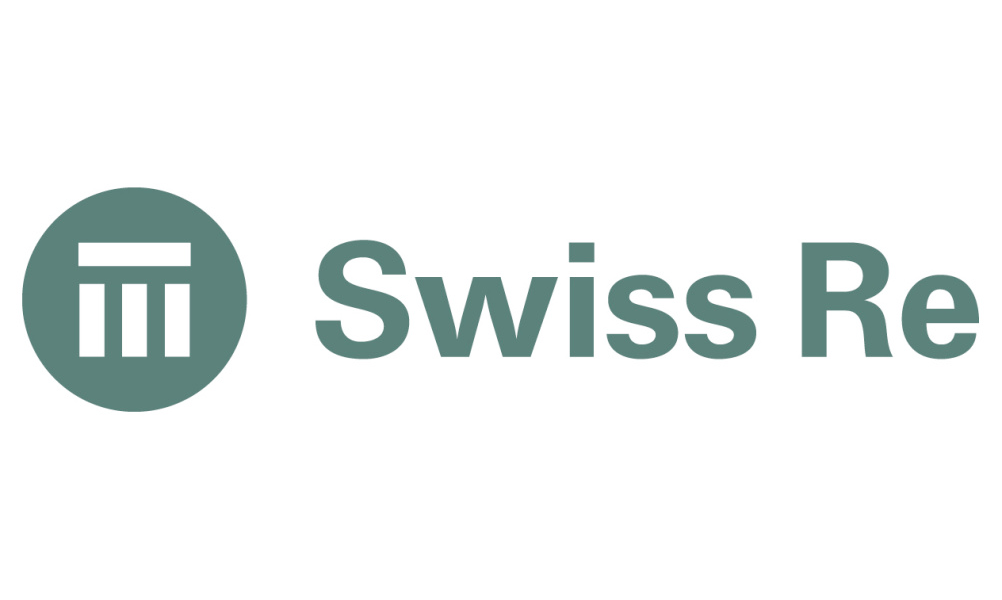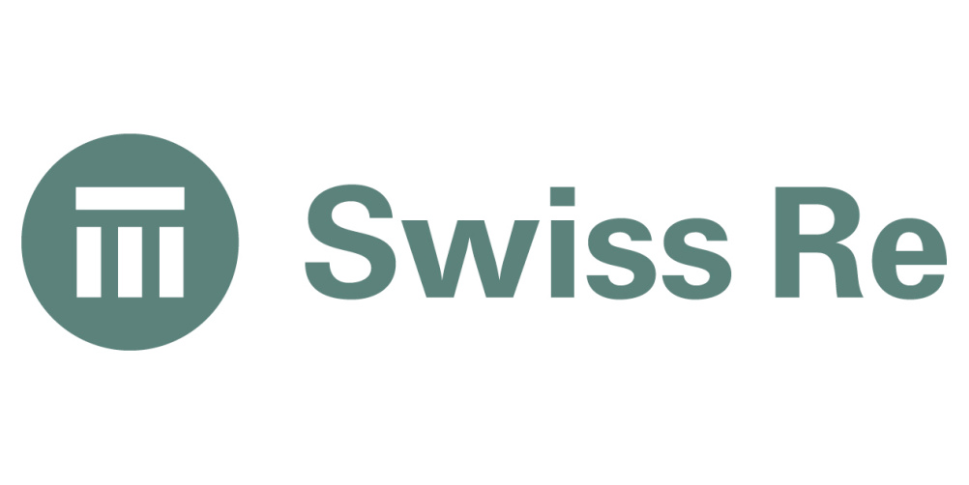Swiss Re, a reinsurance company, has issued a warning in its newly published 2025 SONAR report: extreme heat now poses a greater threat to human life than floods, earthquakes, and hurricanes combined.
 The annual report, which monitors emerging risks affecting insurers and global systems, positions extreme heat as a primary concern not only for its toll on health but also for its wide-reaching impact across industries and infrastructure
The annual report, which monitors emerging risks affecting insurers and global systems, positions extreme heat as a primary concern not only for its toll on health but also for its wide-reaching impact across industries and infrastructure
According to Swiss Re, up to half a million people die each year as a result of extreme heat, surpassing the combined fatality rates of other major natural catastrophes.
Jérôme Haegeli, Swiss Re’s Group Chief Economist, emphasised the need to recognise the full extent of this hazard. “Extreme heat used to be considered the ‘invisible peril’ because the impacts are not as obvious as of other natural perils. With a clear trend to longer, hotter heatwaves, it is important we shine a light on the true cost to human life, our economy, infrastructure, agriculture and healthcare system.”
The data backs this shift. July 2024 saw the hottest three consecutive days ever recorded globally. In the United States, heatwaves have become three times more frequent since the 1960s, with each wave now lasting a full day longer and reaching almost one degree Celsius higher on average.
The effects on public health are increasingly evident, with roughly 480,000 deaths annually attributed to extreme heat. Heat stress can lead to conditions such as exhaustion, heatstroke, and organ failure, while worsening chronic cardiovascular and respiratory diseases. Elderly populations and pregnant women are among the most vulnerable.
Swiss Re points to how the consequences extend well beyond health. When heatwaves occur alongside high winds, the likelihood of wildfires rises sharply. Over the past decade, wildfire-related insured losses have reached nearly USD 78.5 billion worldwide.
The report also identifies critical exposure points in key industries. For instance, the telecommunications sector is susceptible to disruptions as rising temperatures threaten the functioning of data centres and physical networks, including terrestrial cables.
Legal and financial consequences are already materialising. A notable 2021 case involved a plaintiff seeking USD 52 billion in damages from fossil fuel firms, alleging failure to prevent losses linked to climate change-induced weather extremes. Such litigation signals a rising trend in liability risks connected to heat, which may place additional strain on insurers through increasing claims.
Additionally, extreme heat is accelerating a range of other emerging risks. These include rising occurrences of invasive pathogens such as toxic fungi that thrive in higher temperatures and pose new health threats. At the same time, sectors like agriculture face more frequent crop failures, and employers are encountering a surge in workers’ compensation claims from heat-exposed labourers.
The 2025 SONAR report also explores broader structural concerns. Swiss Re highlights a steady erosion of public trust in institutions, posing long-term governance and compliance risks.
Furthermore, the rapid spread of artificial intelligence technologies—especially generative AI—has introduced a new layer of instability.
The report finds that AI-related incidents rose by more than 60% between 2023 and 2024, with system failures accounting for one-third of those cases. This uptick comes as insurers begin to address coverage, exclusions, and policy design for AI-specific risks.
Patrick Raaflaub, Swiss Re’s Group Chief Risk Officer, added: “Amid an increasingly interconnected risk environment, insurers are having to continuously adjust the scope of their risk horizon. Between the growing risk of extreme heat events, emerging liability risks or the changing scope of AI-related risks, it’s clear the conversation must evolve beyond individual topics to examine how large macro trends are now reshaping today’s risk landscape.”
The post Swiss Re flags extreme heat as deadliest natural hazard in latest SONAR report appeared first on ReinsuranceNe.ws.

